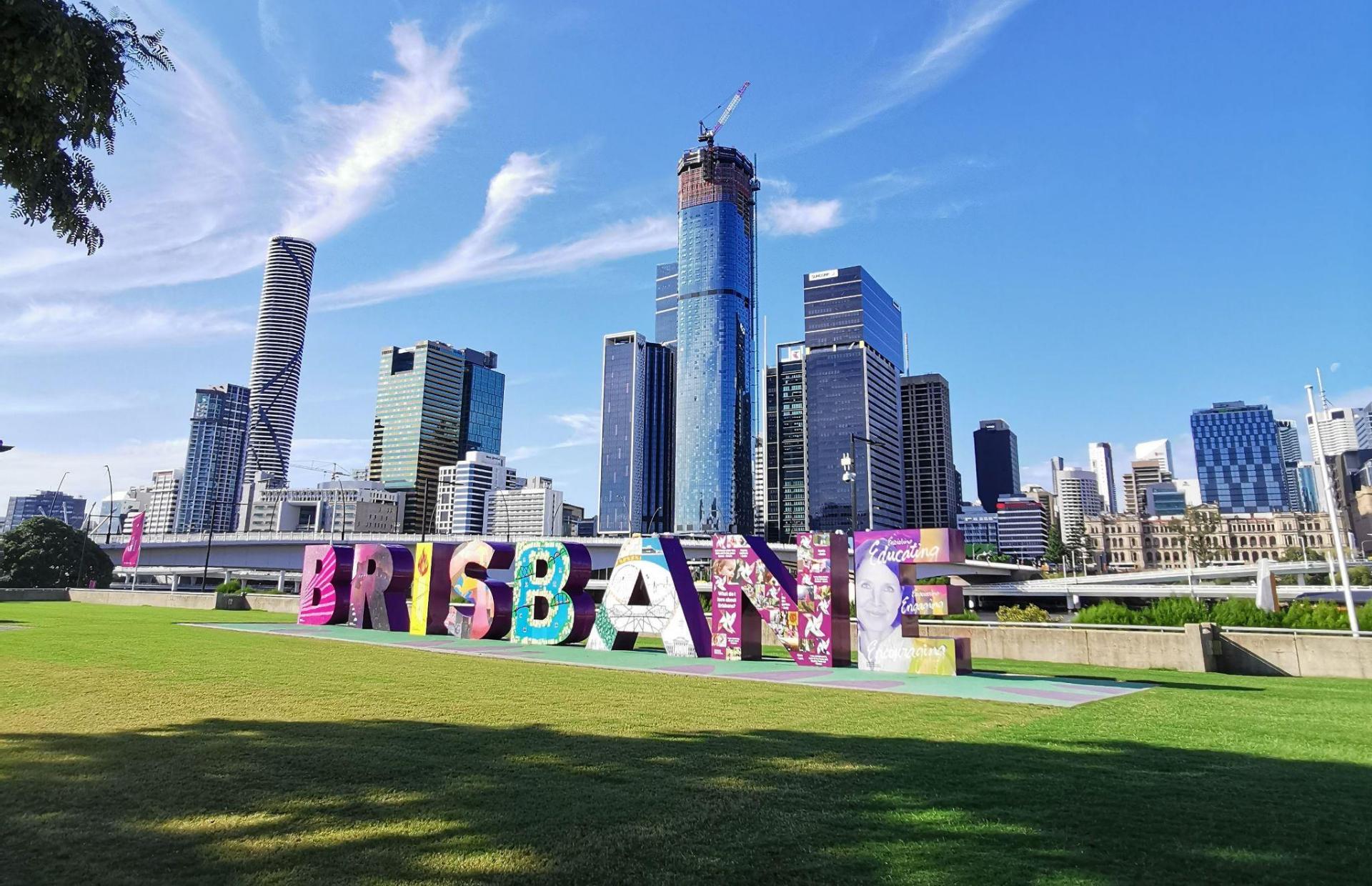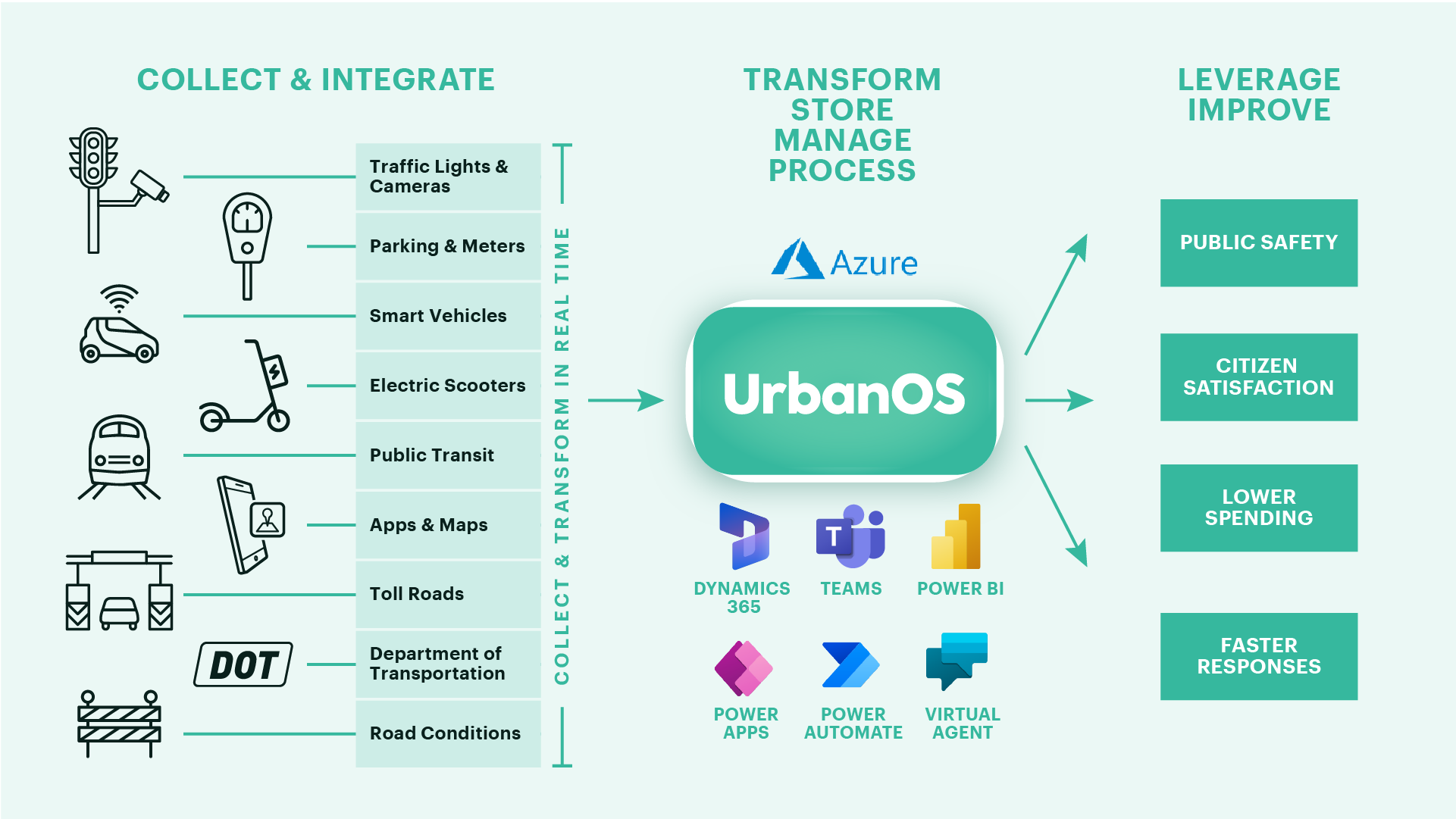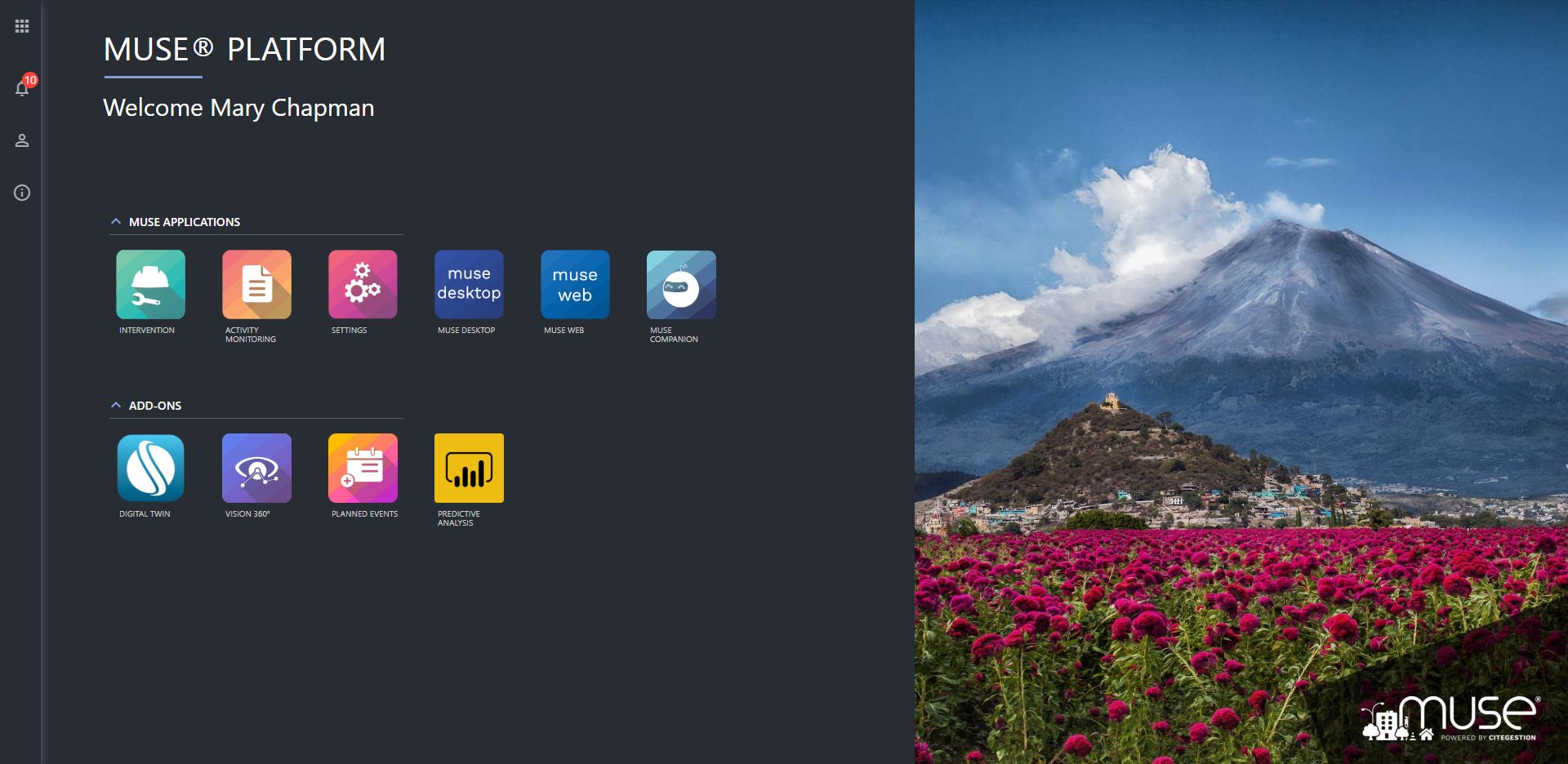Author | Jaime Ramos
Africa and its cities are at the center of all conversations about the future of our planet. This is because the continent will be the main scenario for urban growth. The first and overwhelming argument that supports this is demographic: Africa’s population is expected to exceed 4 billion in two decades. In light of this situation, many cities have started to accelerate a much-needed technological transformation.
Technology and innovation in African cities
In terms of technological tenacity, African cities are facing numerous challenges in terms of integrating latest advancements, creating research habitats and attracting new investments to create smart urban developments in extremely unfavorable contexts. Which are the most notable today?
Cape Town
Considered one of the smartest cities of the continent, the South African city has planned carefully to introduce state-of-the-art technologies. These include implementing a public and free Wi-Fi system, the creation of the first open data portal in Africa, the incorporation of smart energy grids or the establishment of a series of governance services.
Nairobi
The capital of Kenya is not only home to renowned international institutions, including the United Nations Office for the continent, but it is also perhaps the city that exerts most effort and investment in innovation. The vast number of technology projects initiated in Nairobi have led to it been known as the Silicon Savannah. Among the most significant is the technology city of Konza.
Lagos
Lagos, in Nigeria, is set to become (if it isn’t already) a mega-city. As such, the potential economic growth is leading it to embrace initiatives that have gained international acclaim. Itana, a city just for startups, is an example of what is being created there.
Johannesburg
South Africa’s largest city has also focused on building a smart city strategy. It has a digital-centric program focused strongly on digitizing services and on its sustainability, with the introduction, for example, of smart lighting and the improvement of telecommunications.
Dar Es Salaam

The Tanzanian city has experienced rapid growth in recent years. Its main contribution to innovation is focused on striving to improve its mobility and transport systems.
Irembo
Simply introducing invocations makes no sense and particularly given the challenge of striking a balance between rural and urban economic growth. Irembo, in Rwanda, is a humble and yet great example of how digitalization contributes to social cohesion.
Addis Ababa
Known as the political capital of Africa, it is following interesting strategies. The city center, in order to solve its problem of lack of parking spaces, has opted for a smart parking infrastructure, an innovation imported from China.
Cairo
The Egyptian capital has signed contracts with multinationals including Huawei, Orange and Mastercard and it is redirecting its investments to go a step further in terms of urban technology. Entire districts have been designed, which will integrate state-of-the-art innovations for services and security.
Accra
Accra is another city whose efforts in innovation are paying off. IBM has offered a team of experts to help with the introduction of technologies that allow the city’s challenges to be overcome and exploit all its potential.
Tunisia
Tunisia aspires to become an international economic hub this decade. To achieve this, the city has prepared a new strategy that includes a digital governance and e-commerce model.
Images | Wikimedia.commons/Hilton1949, Wikimedia.commons/Dicksonpicha




















































